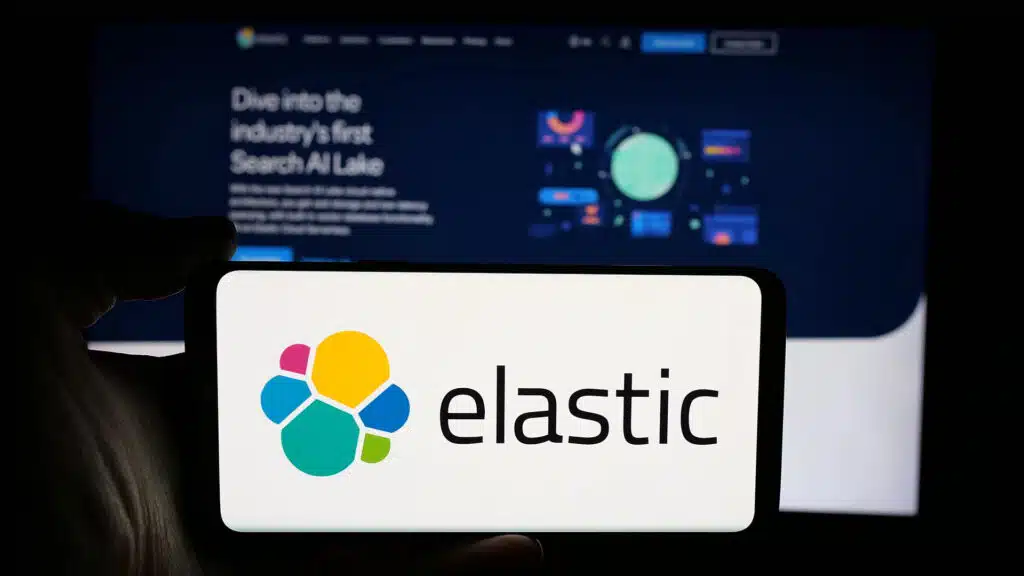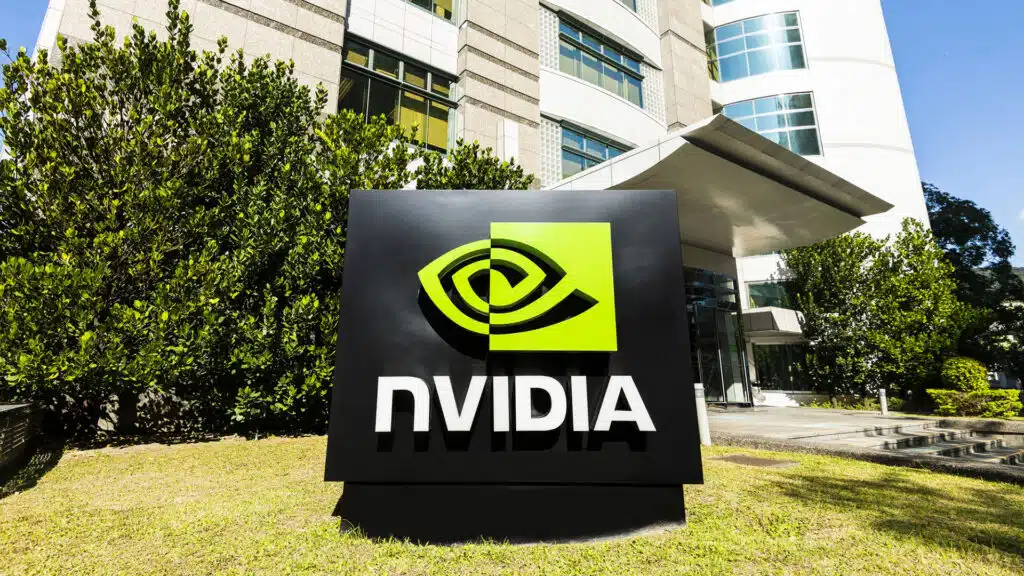The News: isolved recently shared its roadmap for AI enhancements to its People Cloud human capital management (HCM) platform, as well as data from a survey focused on AI at Work. The current and planned roadmap includes enhancements focused on productivity, performance, and predictability. More specifically:
- Extending its conversational virtual assistant (CVA) by bringing a natural language processing (NLP) chatbot into collaboration apps such as Microsoft Teams
- Continuously available HR self-service
- Perfect Payroll to help payroll administrators catch payroll errors before they occur
- EX personalization engine to create 1:1 pathways for employees and intelligent matching based on employee career path and performance to learning and development content
- Recruiting automation
- Expanded isolved benchmarking insights for its Analytics Everywhere solution
The company’s survey data supports the need for these enhancements, with the top reason employees wanting access to AI capabilities is to make them more productive at work. See the full isolved release here.
isolved’s Extended AI Capabilities Focus on Supporting EX With Productivity, Performance, and Predictability
Analyst Take: isolved’s announcement of new and enhanced AI capabilities centers around features that improve productivity, performance, and predictability. Some of these layer in AI to prevent a problem, such as Perfect Payroll while others focus on supporting HR self-service, bringing NLP into collaboration apps and personalizing career pathways, learning, and development.
I recently spoke to Geoff Webb, isolved’s VP of Solution Strategy to dig in a bit more into the functionalities closely tied to employee experience and to get a gauge on how their SMB clients are feeling about leveraging AI.
Virtual Assistants to Find Information, Save Time, and Uncover Trends
AI and automation capabilities are becoming more important to the employee experience, both for the employees accessing them as well as the teams that are getting relieved of some work. AI has long been used in EX to sift through employee feedback and listening data and tie together the various incoming information flow. However, there is an increased need for automation and technologies like AI, chatbots, and self-service technologies to help with employee touchpoints that might not need an initial human contact. These technologies can help ease HR and IT workloads, as well as providing employees with the ability to solve their problems faster.
isolved’s CVAs are being successfully used to support employees when they are having a challenging time finding the information they need, whether it is information to be productive in their jobs and get workflows in place, or whether they are seeking HR types of information.
“What we have been seeing, is CVAs are really great for initial sorts of conversations. For instance, when employees are onboarded and have a lot of questions that might be time consuming either for them to find on their own, or for HR staff to answer. If employees can access basic information without having to interact with a person, it reduces workload for HR, and improves the employees’ experience because they get access to answers quickly. anytime of the day or night. Using a CVA is also a judgement-free zone for employees, meaning that it’s OK to ask questions that they might hesitate to ask if there was a human answering it. Maybe something they feel like they should know or have needed clarity on several times,” says Webb.
Webb also pointed to the benefit of having the opportunity to look at all the interactions taking place between employees and CVAs to see trends that might need to be addressed. This could be something like an enormous number of questions about how to change benefits equates to the company isn’t doing a good enough job explaining what needs to be done. “This helps companies move from an anecdotal feed of information into the HR people to something that is more concrete,” says Webb.
Intelligent Matching to Learning & Development Content and Predictability
Training and skills development is a growing area of focus for many organizations as they undergo changes in staffing levels that might result in employees being shifted or redeployed. The ability to quickly reskill and upskill is crucial to companies. For employees, having the ability for personalized training that could put them on a path for career growth demonstrates an investment in them from their employers. Development is also a driver of engagement and belonging.
isolved will be releasing an EX personalization engine that can automatically create one to one pathways for current employees and intelligently match them to learning and development content based on factors such as their career path and performance. Aside from helping to keep and nurture talent there is also a predictability element which can help the company identify coming skills gaps and potentially rising leaders.
“One of the main reasons people leave a job is they just don’t see a future for themselves in the company, so training and skills development can be transformative. But it’s not an easy thing to do. By building career paths into the training engine itself there will be an opportunity to see employees going from point to point and the training skills needed to get there. That, in turn, will enable us, as we look at the compensation analysis that we do, and the prediction analytics piece to tease out what the levers are for retention. This is really tied into the value of what you get when you have a single view of employees, tying in information across the platform,” says Webb.
Future Direction and Approach with SMB customers
According to Webb, the AI roadmap is focused on moving towards more intelligence across the platform. “CVAs are very helpful, but they are very much a reactive technology. We want our platform to be continuously learning in the background, getting to a single view of the employee as well as being able to alert to trends using that predictive analytics layer. Moving from being a findability tool to AI being an active participant in improving the intelligence of the business and HR organization will help to uncover long term trends and subtle changes that can be acted upon.”
isolved’s SMB customers are not asking a ton of questions or clamoring for technologies like ChatGPT. They are, however, aware of the benefits of AI and are comfortable with AI enabled and enhanced tools.
“We really see three buckets of AI that we talk about when we talk to customers. The first is sort of the workflow engine AI, which is in the background, doing things like checking your payroll, making sure it’s running okay. Then there are things that are learning and offering suggestions to help support personalization. And then there are AI tools that help to provide easier interactions. We really try to make the technology consumable, easy to use and not something they really need to think about, other than knowing it helping to solve problems.”
Disclosure: The Futurum Group is a research and advisory firm that engages or has engaged in research, analysis, and advisory services with many technology companies, including those mentioned in this article. The author does not hold any equity positions with any company mentioned in this article.
Analysis and opinions expressed herein are specific to the analyst individually and data and other information that might have been provided for validation, not those of The Futurum Group as a whole.
Other insights from The Futurum Group:
4 Strategies to Build Employee Connection for Positive EX and Retention
EX-Related Research from isolved, Reward Gateway, UKG, and WTW
EX-Related Research from Aceup, Qualtrics, and isolved
Author Information
As a detail-oriented researcher, Sherril is expert at discovering, gathering and compiling industry and market data to create clear, actionable market and competitive intelligence. With deep experience in market analysis and segmentation she is a consummate collaborator with strong communication skills adept at supporting and forming relationships with cross-functional teams in all levels of organizations.
Sherril holds a Master of Business Administration in Marketing from University of Colorado, Boulder and a Bachelor of Arts in Psychology from Rutgers University.







